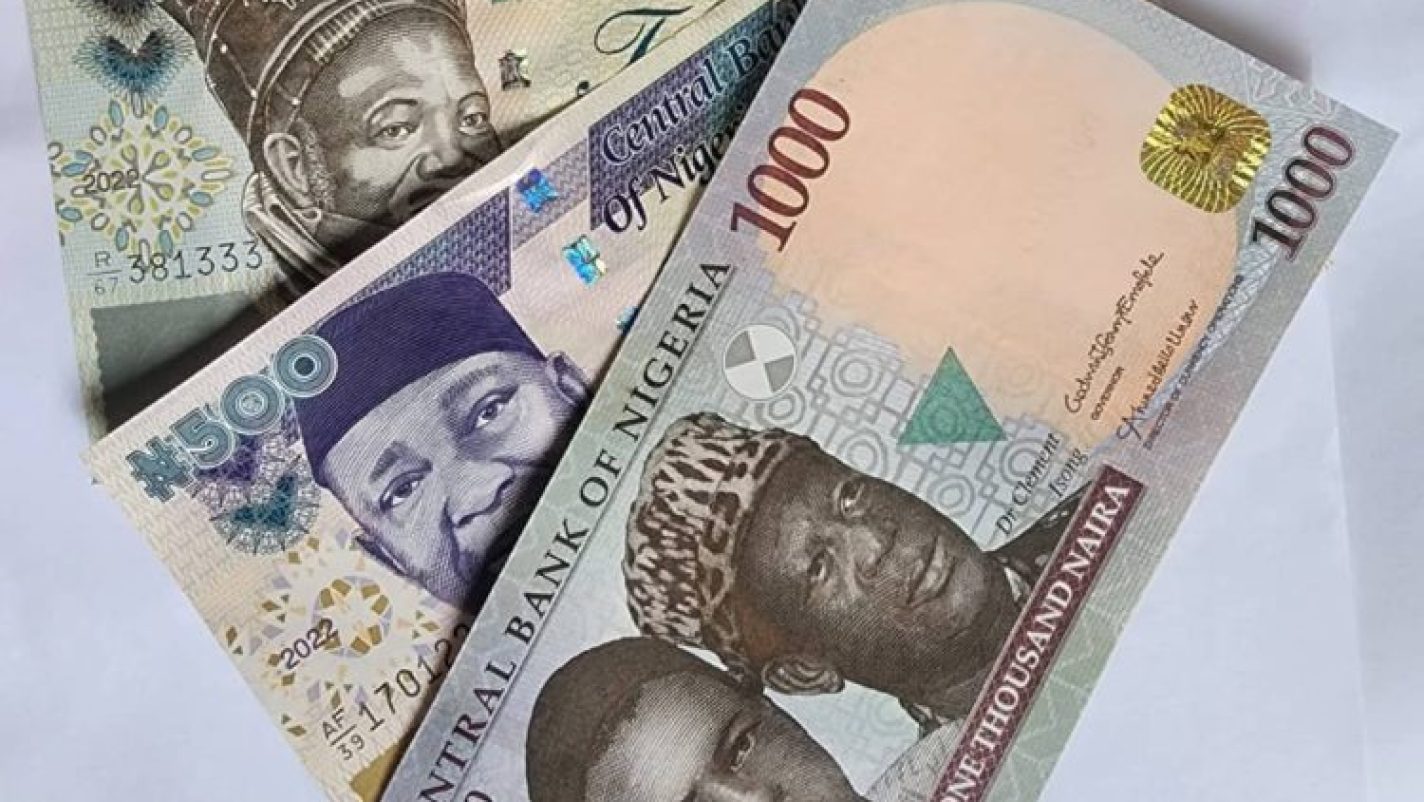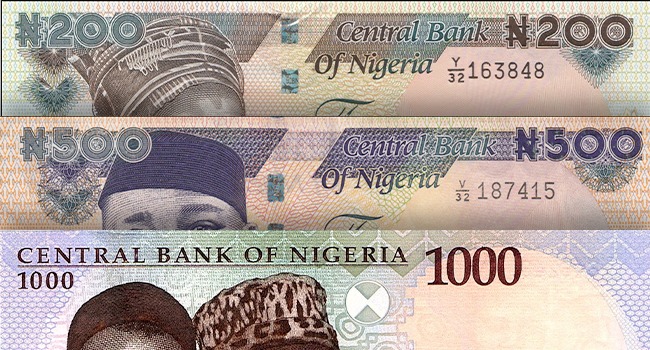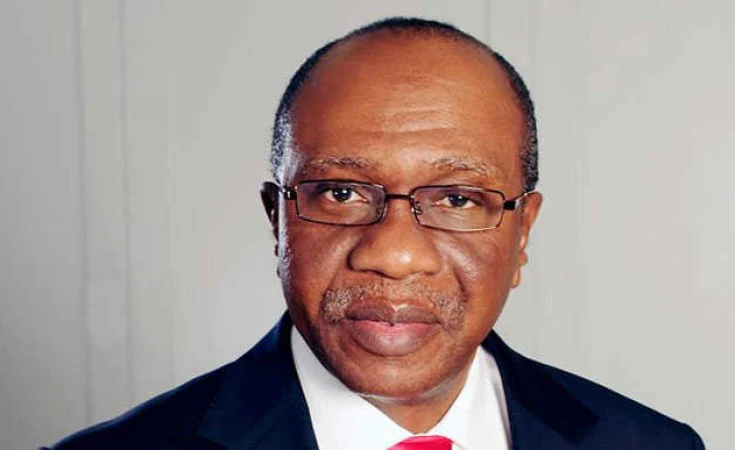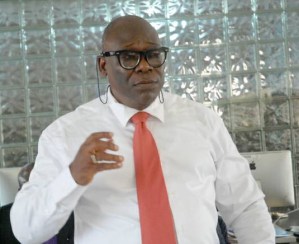The plan to redesign Nigeria’s currency has been a subject of public concern and debate since last week when it was announced by the Central Bank of Nigeria (CBN) as part of its currency management responsibilities aimed at preserving the integrity of a local legal tender, the efficiency of its supply and conduct of monetary policy.
According to the apex bank, the redesign and redistribution of the N1000, N500 and N200 denominations, will be concluded within three months from 26th October, 2022 and the existing currencies shall cease to be legal tender by 31st January, 2023.
The CBN Governor Godwin Emefiele, said in view of the continually evolving circumstances that could impinge the optimal performance of the Naira, the move to redesign the currency would ensure a strong and effective legal tender for the country, in line with its mandate as contained in Section 2(b) of the CBN Act 2007.
Emefiele listed other benefits including: curbing the hoarding of banknotes, minimising incidents of terrorism and kidnapping, entrenching a cashless economy and improving financial stability, as well as reducing the ease and risk of currency counterfeiting evidenced by several security reports.
“As at the end of September 2022, available data at the CBN indicate that N2.73 Trillion out of the N3.23 trillion currency in circulation, was outside the vaults of Commercial Banks across the country; and supposedly held by the public,” the CBN Governor said.
The Controversies
Barely two days after the announcement by the CBN, the Minister of Finance, Budget and National Planning Zainab Ahmad, said she was not consulted by the CBN and that the timing of the redesign policy portends serious consequences on the value of the Naira against other foreign currencies.
The Governor of Edo State Godwin Obaseki, also said that the proposed plan to redesign naira notes was political and has no basis in economics, stressing that the priority of the government should be ensuring that the problem of hunger and starvation is solved.
“I am an economist and I can tell you categorically that this policy by the CBN and Federal Government has no basis in economics. There is no reason to do this; this is purely political,” Obaseki said. TheNewsGuru.com (TNG) recalls that in April 2021, the Governor also accused the CBN of “financial rascality”, saying it printed N60 billion to augment allocations shared by states in the previous month.
Responding to the Minister’s comments, the spokesman for the CBN Osita Nwanisobi, insisted that the Bank followed due process in securing the approval of the President in line with provisions of Sections 2(b), section 18(a), and section 19, Subsections a and b of the CBN Act 2007.
Nwanisobi further explained that the redesign policy was long overdue, as the standard practice globally was for central banks to redesign, produce and circulate new local legal tender every five to eight years, whereas, the CBN had not redesigned the naira in the last 20 years.
Similarly, a former CBN Deputy Governor Kinglsey Moghalu, said the CBN was performing its statutory responsibility as the “sole” institution responsible for the issuance and management of the naira and did not need to consult the Minister of Finance.
“CBN is doing its job in saying they have come to a judgement that the time has come to redesign the naira notes. The Ministry of Finance does not supervise the central bank of Nigeria, it is part of the offices that supervise the economy,” he clarified.
Moghalu also pointed that the CBN Board of Directors which is one two decision-making phases of the Bank, has the Ministry of Finance’s Permanent Secretary as member, and it was therefore impossible for the Ministry to claim ignorance of the policy.
Other concerns about the naira redesign
The Muslim Rights Concern (MURIC) insisted that the Arabic Ajami inscription on the proposed naira notes was a precondition of its acceptance and support of the policy.
“MURIC hereby expresses its support for the project with the proviso that all the denominations must contain Arabic inscriptions just as they had been before Arabic Ajami was conspiratorially and unjustly removed from some denominations,” Director of the group Ishaq Akintola, said in a statement on Tuesday.
Nigerians in other quarters have expressed fears about what the currency redesign means for the common man and the impact it would have on the economy. For example, many are worried that the redesign could further weaken the naira against the dollar and worsen the food inflation rate in the country which currently stands at 23.34 per cent on a year-on-year basis as at October.
A Nigerian working with the Bank of England James Eluwa, pointed that the decision to redesign the naira notes to curb corruption was a good one but the timing by the CBN policy was ill-timed.
“The economy is already much pressured; inflation is at 20.77%. The CBN should have done more to reduce the inflation rate first, that will help to ensure a more balanced economy, monetary and financial stability in the country before thinking of redesigning of the Bank notes,” he suggested.
Similarly, an accountant Angel Chibuzo, told this newspaper that the policy will have no impact on those it was intended for and will only worsen the situation of the already poor and suffering masses.
“The so-called big man keeping his money at home work with the banks. They can just call the bank manager to swap their old notes with the new ones for a commission. Were we not in this country when the APC presidential aspirant moved bullion vans to his house during last election? What came out of it?”
Jamil Danbedee added that the timeframe given for the full implementation of the policy was too short and could affect legitimate businesses, as many business owners were still unbanked and prefer to stash monies in their local safes.
“This is also the best time for deposit money banks to get in new customers which will grow their balance sheets, give them more profits and maybe more jobs to the teeming and hardworking youths of this nation! A win-win situation maybe,” he Danbedee said.
A trade and investment expert, Ikenna Nwosu, has said the decision of the Central Bank of Nigeria (CBN) to redesign some naira notes will increase the dollarization of the Nigerian economy and called for collaboration of all stakeholders int he financial sector to address this potential challenge.
Benefits of the naira redesign policy
Despite the fears and criticisms of the naira redesign policy, President Muhammadu Buhari says he is fully in support of the move, as he was convinced that the gains from the policy, which includes a reduction in inflation, currency counterfeiting and mop-up of excess cash in circulation, outweighed its demerits.
Buhari added that he did not consider the period of three months for the policy implementation as being too short, as he expects businesses with legitimate incomes should face no difficulties making the transition.
As part of the benefits of the policy, all Deposit Money Banks in the country have been directed to suspend bank charges for cash deposits, which was introduced in September 2019, as part of measures to drive the country’s cashless policy.
In addition, the CBN has directed banks to keep open, their currency processing centers from Monday to Saturday so as to accommodate all cash that their customers will return.
Photos and videos of hoarded naira notes released into the economy have now emerged online, showing that the policy was already serving one of the intended purposes. In one of the videos, clean N200 bills printed in 2003, were seen with matching serial numbers, indicating they had never been used for the past 20 years.
The Economic and Financial Crimes Commission (EFCC) has also raided Bureau De Change operators in Abuja and Kano state and made several arrests in order to prevent further decline of the naira against the dollar in the currency black market.






